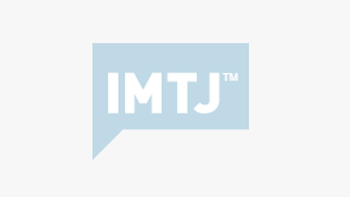Licences of hospitals in the UAE will not be renewed by the Ministry of Health if they fail to upgrade their infrastructure. They must implement the latest systems and practices that meet international standards within three years. The accreditation rule will apply to both the private and government sectors.
Licences of hospitals in the UAE will not be renewed by the Ministry of Health if they fail to upgrade their infrastructure. They must implement the latest systems and practices that meet international standards within three years. The accreditation rule will apply to both the private and government sectors. The ministry has signed a contract with an international accreditation body that will certify hospitals. Although not officially named, strong rumours suggest it is JCI. In the long run, clinics, medical professionals, nurses and technicians will also have to be accredited.
The UAE authorities accept that unless it can convince local customers that hospitals offer a good standard of care at a reasonable price, and stop large numbers going overseas for medical treatment, any hopes of competing for a share of the growing medical tourism sector will fail. It wants to get business from other Gulf States, but to do that it has to build trust in local hospitals. It can never compete with Asian countries on price so has to promote other benefits.
The country is gearing up for the introduction of a compulsory medical insurance system that will require the accreditation of hospitals and medical professionals. The introduction of an integrated health information system will require hospitals to be more transparent about treatment costs and medical details, and all medical mistakes and errors will be recorded. Hospitals and other healthcare businesses will have to digitalise their patient records and billing systems so that a patient’s details will be accessible by all other hospitals in the network.
Plans have been revealed to build two new world-class hospitals in the UAE by 2013. The new facilities will replace the existing Mafraq and Al Ain Hospitals.SEHA, the Abu Dhabi Health Services Company, will run both. The new Mafraq Hospital will have 690 beds, the examination and treatment rooms will be tripled from 19 to 60 and the outpatient clinic capacity will be increased by 70 percent to 147 rooms from the current 88.The new Al Ain Hospital will have 688 beds, of which 150 beds will be dedicated for rehabilitation. Once complete, the facility will serve as the regional Centre of excellence for rehabilitation with the first stroke unit in the UAE, and a centre of excellence in trauma, orthopaedics and sports medicine.
The UAE now enjoys one of the world’s advanced and highly developed healthcare systems with Dubai Healthcare City, Shaikh Khalifa Medical City and other private healthcare providers. It accepts that it needs to bring other hospitals up to those standards.
Dubai Healthcare City’s future projects include the Mohammed Bin Rashid Al Maktoum Academic Medical Center, The University Hospital, and Dubai Medical Suites. The Mohammed Bin Rashid Al Maktoum Academic Medical Center includes the 400-bed University Hospital, Harvard Medical School Dubai Center and Dubai Harvard Foundation for Medical Research. Shaikh Khalifa Medical City (SKMC) in Abu Dhabi aims to be the first hospital in the Middle East to receive Magnet accreditation, an internationally recognised award for nursing excellence and leadership.








 ©2024 All rights reserved LaingBuisson
©2024 All rights reserved LaingBuisson 


